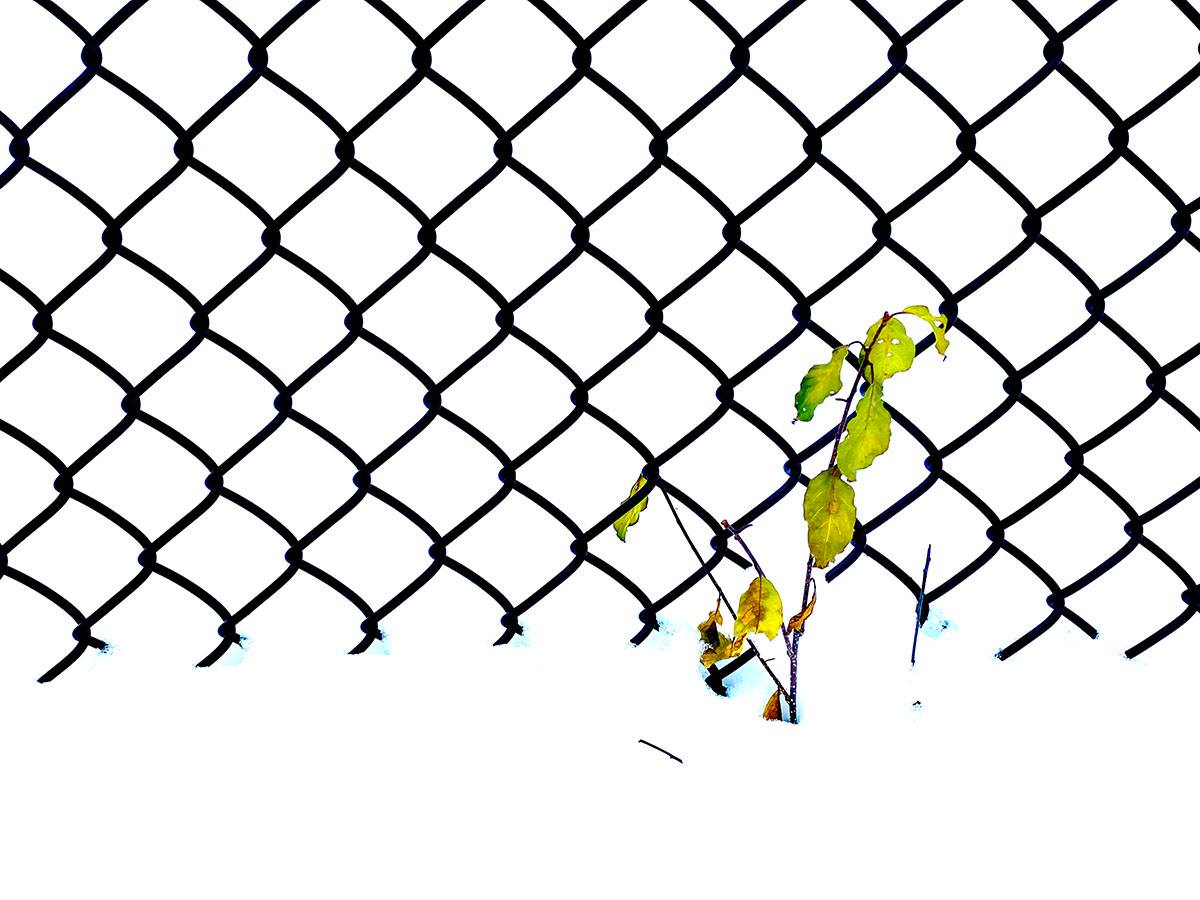When you enter the floor of the dementia ward through the locked and passworded door, there is another further locked door to the right.
That door leads to another ward where veterans are placed for evaluation and in some cases confinement if they are too unstable for the normal residential floors elsewhere.
Recently, when I came in through the first locked door, there was a man looking through the window of the door to my right, banging on the glass and asking for my attention.
This presents a dilemma. I know he feels trapped in there. But I also know I can neither get in there myself, nor rescue him in any sense.
So I do what I learned to do when I first moved from the country to the city: to see people in trouble and just move on.
One of my first impressions after moving from my small town to the city was that a siren used to mean someone I know is in trouble, and we should go and help. But you learn in the city that there are constant sirens and you do not go and help. In the country or a small town, if someone is lying on the sidewalk you don’t step over them; you get help. But in the city you learn to step over them.
So I turned away from this human being who was desperately trying to get me to help him because there was nothing I could do. They would not let me in that ward if I was not a relative of the man. And there is probably a lot more to the story than his call for help.
So I turn the other way to visit my veteran, who is slipping deeper into his condition with each visit.
We play our Doyle Lawson gospel music and eventually he is able to sing along from time to time, though he can no longer speak at other times.
When I leave I wonder if the man will still be at the door of the other ward, begging for my help. But he is not.
Next visit, as I walk from the parking lot, a man is banging on the window from yet another ward, asking for my help. But by now I have had practice and it becomes more routine to smile at him and walk away.

